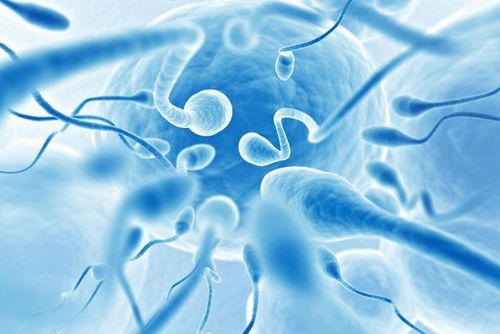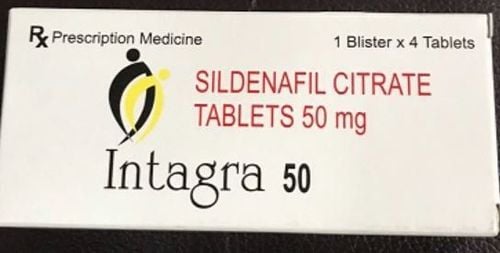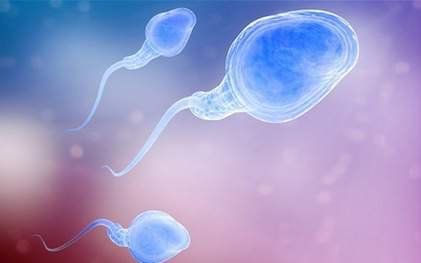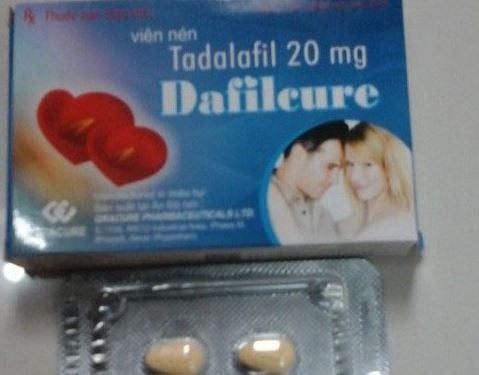This is an automatically translated article.
More and more couples are having difficulty having children. The most common cause of infertility is low sperm count. If this condition is detected and treated correctly, the patient can still be a parent.
1. Diagnostic test
To diagnose low sperm count, the doctor needs to conduct some tests such as:
General clinical examination and medical history: The specialist will examine the intimate area and learn information about the disease. Genetics, chronic diseases, existing diseases, trauma or previous surgeries that affect fertility, as well as information related to marital relationship habits.
Semenogram Low sperm count is diagnosed with a semen analysis, which is a test in which the sperm count is determined using a microscope, like how many sperm are present in the squares on a sample. net. A semen sample can be collected by masturbation and ejaculation into a special sample tube. However, in some places, because of cultural and religious beliefs, some men want to take another method of sampling, such as using a special condom to store sperm during sex. Immature sperm is produced continuously in the testes and usually matures after 42 to 76 days. Therefore, the results of semen analysis can reflect a man's condition in the past 3 months, it is difficult to see a change in a short time.
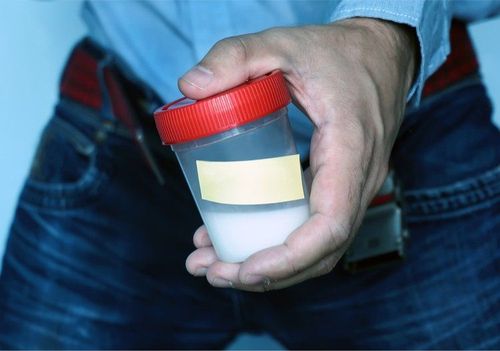
Tinh trùng được chứa trong lọ đựng bệnh phẩm
However, it should be noted that sperm counts often fluctuate, and incomplete or incomplete sample collection affects the results. Therefore, doctors will test more than 2 sperm samples to ensure consistency between samples, in addition, need to ensure the following requirements:
Make sure all sperm is ejaculated into a tube or condom containing sample Abstain from ejaculation for at least two but not more than 11 days before sampling Second sample at least 2 weeks after first Avoid lubricants as these can affect sperm motility Sperm Usually 1ml of semen contains from 15 million to more than 200 million sperm. If the results show that the sperm count is less than 15 million in 1 ml of semen or less than 39 million sperm in 1 ejaculation, this is a low sperm condition. There are actually many factors that affect fatherhood, and sperm count is just one of them. Some men with low sperm count can still have children, while some men with normal sperm counts cannot, due to other factors such as sperm motility.

Số lượng tinh trùng ít gây ảnh hưởng đến khả năng sinh sản
Other tests Depending on the initial evaluation, your doctor may order additional tests to look for low sperm and other potential causes of male infertility, including:
Ultrasound scrotum: Using high-frequency sound waves, a scrotal ultrasound examines the testicles and supporting structures. Hormonal tests: Quantitative tests of the hormones produced by the pituitary gland and testes, which play a crucial role in sexual development and spermatogenesis. Urinalysis after ejaculation: Sperm in the urine can check to see if sperm is swimming back into the bladder instead of out of the penis during ejaculation (retrograde ejaculation). Genetic testing: When sperm concentration is too low, genetic testing may be ordered to check for small changes in the Y chromosome - a sign of a genetic abnormality. Genetic testing may also be ordered to diagnose other congenital or inherited syndromes. Testicular biopsy: This test uses a fine needle to take a sample from the testicle to check if sperm production is normal. If so, the problem could be due to a blockage or a problem with sperm movement. However, this test is usually only used in some cases and is not common to diagnose the cause of infertility.
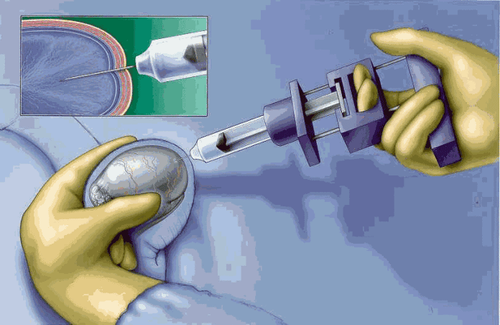
Sinh thiết tinh hoàn giúp tìm nguyên nhân gây bệnh
Anti-sperm antibody test: Checks for immune cells (antibodies) that attack sperm and affect sperm function, but are uncommon. Transrectal ultrasound: A small lubricated transducer is inserted into the rectum to examine the prostate as well as to check for blockage of the seminal ducts (vas deferens and seminal vesicles) – if present .
2. Low sperm count treatments
Treatments for low sperm count include:
Surgery: Such as varicocele and vasectomy can be treated with surgery, as well as surgical recovery after a vasectomy. . In the absence of spermatozoa, sperm can usually be obtained directly from the testicle or epididymis using a spermatectomy technique. Treatment of infections: Antibiotics can treat genital tract infections, but fertility doesn't always restore Treating problems with sex: Medicines and counseling can improve fertility fertility in cases of erectile dysfunction or premature ejaculation. Medications and hormone treatments: In cases where infertility is caused by levels of a particular hormone that are too high or too low, or where the body has a problem with how the hormone works, your doctor may prescribe replacement therapy. endocrine or drug.
Assisted Reproductive Technology (ART): Assisted reproduction includes sperm collection through normal ejaculation, surgical sperm collection or donor sperm, depending on individual circumstances and wishes patient. This sperm is then injected directly into the female reproductive tract, or used for in vitro fertilization (IVF) or intracytoplasmic sperm injection (ICSI).
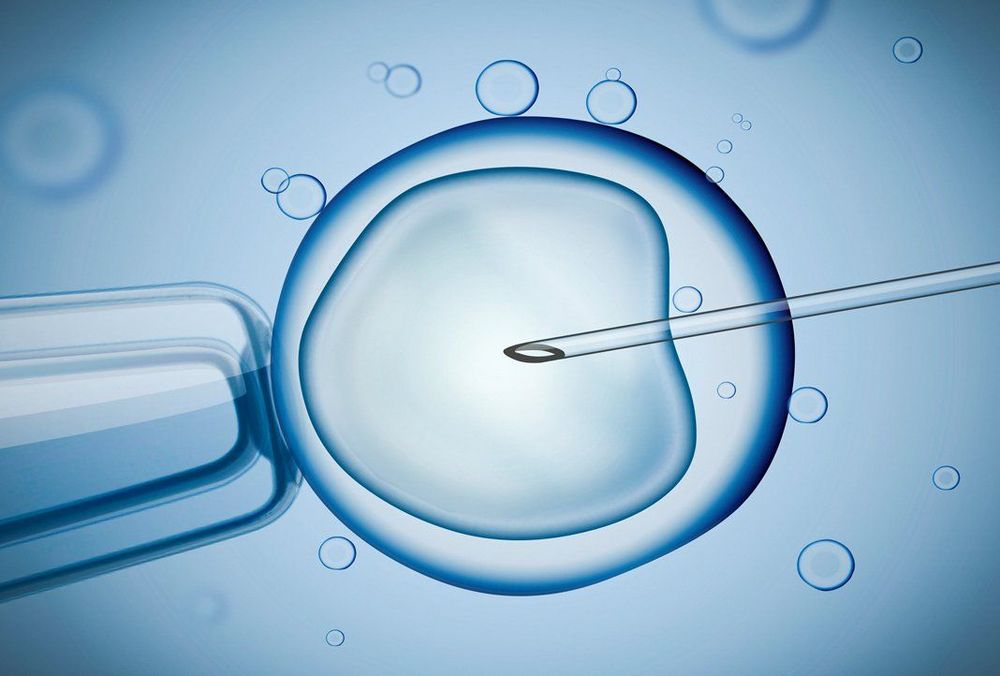
Công nghệ IVF hỗ trợ sinh sản
3. Support treatment
Here are the steps men should take at home to increase their chances of having a baby, including:
Increase the frequency of intercourse: Having sex every day or every other day at least 4 days before ovulation can increase muscle mass. conception association. Sex when there is a chance to fertilize: Women are able to get pregnant during ovulation, which is the middle of the menstrual cycle, between periods of bleeding. Sex during this period helps sperm - clumps can live for many days, present at the right opportunity. Avoid using certain lubricants: Certain products such as Astroglide, K-Y lubricants, lotions, and saliva can limit sperm movement and function. Talk to your doctor about lubricants that are safe for sperm. The most important thing is to consult a specialist before taking any dietary supplement to assess the risks and benefits, as some of these foods when taken in high doses or for long periods of time. long term can be harmful to health.

Khám và điều trị vô sinh hiếm muộn tại Vinmec
Customers who need accurate examination and advice on the status of low sperm count can choose Reproductive Support Center - Vinmec International General Hospital. The center currently gathers a team of leading experts in the fields of obstetrics and gynecology, domestic and international, and a team of doctors and nurses trained in the world's leading countries in medicine such as the US and Singapore. , Japan, Australia and world famous Assisted Reproductive Centers. With a high level of expertise and extensive experience, the team of experts at Vinmec Fertility Center are capable of synchronously and comprehensively deploying today's most advanced assisted reproductive techniques, helping to realize fulfill the parenting dream of hundreds of families across Vietnam.
To register for examination and treatment at Vinmec International General Hospital, you can contact Vinmec Health System nationwide, or register online HERE
Reference source: mayoclinic.org,
SEE MORE
How does sperm formation take place? 11 things about sperm that people often believe are true but are completely false Signs of healthy sperm





